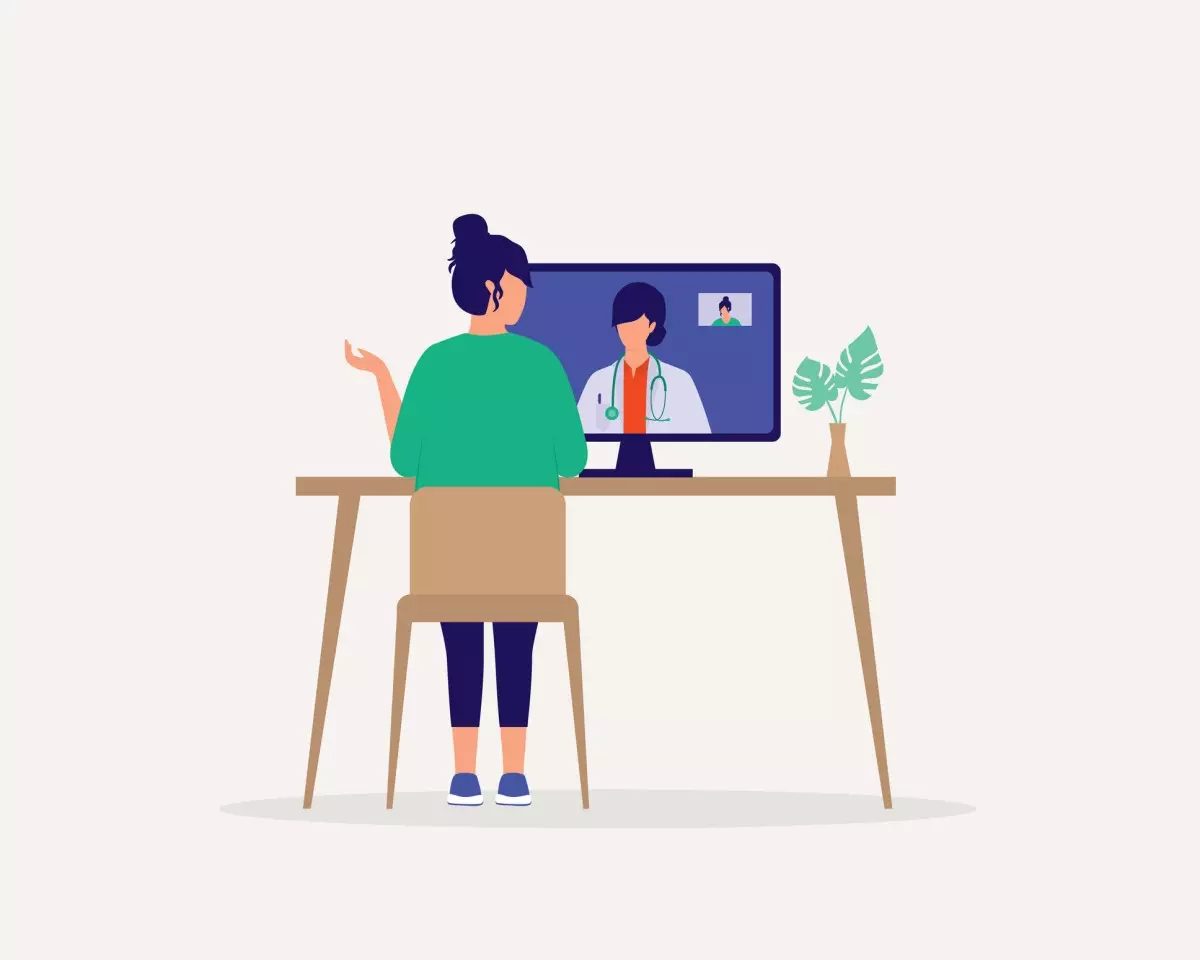In an age where healthcare systems are increasingly burdened by long waiting lists and soaring costs, the allure of AI-powered chatbots has never been stronger. A noteworthy shift is occurring, as approximately one in six American adults reportedly leverage these digital assistants for health advice on a monthly basis. The rapid adoption of AI technology in healthcare reflects a broader societal trend toward convenience and instant access to information. As individuals find themselves navigating often frustrating healthcare landscapes, resources like ChatGPT seem to offer a glimmer of hope.
However, this reliance on chatbots raises several critical questions about the efficacy and safety of using AI as a replacement for traditional healthcare consultations. As compelling as it may be to turn to a virtual assistant for diagnoses, concerns about accuracy and user competency linger prominently. The potential disconnect between what users expect from chatbots and the limitations of these technologies serves as a cautionary tale.
Communication Breakdowns: The Research Findings
A recent study by researchers at Oxford underscores the inherent risks of depending on AI for medical self-diagnosis. The research involved over 1,300 participants in the U.K. who were presented with medically crafted scenarios, urging them to diagnose conditions and prescribe potential actions. What the study revealed was alarming: using chatbots did not improve the decision-making capabilities of participants compared to traditional methods like online searches or personal judgment.
Adam Mahdi, co-author of the research, highlighted a critical element of the study: the profound two-way communication breakdown between users and chatbots. Participants often delivered incomplete information when querying these AI models, hindering their capability to achieve accurate, nuanced health advice. In many instances, chatbot responses were complex enough to render them difficult to interpret, often combining both helpful and misleading recommendations. Thus, instead of empowering users, chatbots in this context may exacerbate uncertainties and misjudgments in clinical scenarios.
The Disturbing Reality of Health Outcomes
The findings of the Oxford study prompt a deeper investigation into the abilities of AI chatbots to provide the requisite analytical depth for healthcare decisions. Users were not only less likely to effectively identify relevant health conditions, but they also tended to underestimate the severity of those they did recognize. In an environment where timely and accurate diagnoses can mean the difference between effective treatment and dire consequences, the potential pitfalls of relying on chatbots become increasingly apparent.
Moreover, the enthusiasm exhibited by tech companies aiming to harness AI for health-related applications—such as Apple’s AI exercise and diet advisor or Microsoft’s patient message triage system—can create an illusion of infallibility. When these systems do not account for the complexities of human illness and symptom presentation, we risk undermining patient safety and well-being.
Lack of Trust from Professionals and Patients Alike
Growing concerns regarding the effective use of AI in clinical settings have been echoed by both medical professionals and patients. The American Medical Association (AMA) has been cautious, recommending that physicians refrain from relying on AI chatbots like ChatGPT for high-stakes clinical decisions. This perspective is reinforced by warnings from leading AI developers like OpenAI, emphasizing that users should not base diagnoses on the outputs generated by these digital tools.
This skepticism reflects a broader unease with the rapid pace of AI development in critical areas like healthcare. In essence, while AI can augment certain aspects of health administration, its current limitations in interpreting complex medical data raise significant ethical considerations. It becomes increasingly clear that AI cannot replace seasoned judgment, empathetic understanding, and the nuanced complexities involved in human health.
Relying on the Right Sources for Health Guidance
As we stand at the crossroads of technological advancement and traditional healthcare, there is a pressing need to cultivate a balanced approach to health information. Even as modern convenience pushes us to seek quick solutions in AI, trusted healthcare sources must remain the cornerstone of any individual’s health decisions. Education plays a crucial role here—users need to be instilled with a critical understanding of how to interact with chatbots effectively, recognizing their limitations while maximizing their potential as supplementary tools.
Empowered patients equipped with reliable information sources will be better positioned to make informed decisions regarding their health. The path forward may lie in a hybrid model that integrates AI as a support system rather than a decision-maker, allowing healthcare professionals to leverage technology without compromising the high standards of patient care.

